Ashley Wilda has an MFA in Creative Writing for Children and Young Adults from the Vermont College of Fine Arts. In addition to writing, she loves painting, making ceramics, playing music, rock climbing, and hiking with her husband, Ethan, and rescue pup, Phoenix.
I had the opportunity to interview Ashley, which you can read below.
CW: Discussion about mental health, grief, and trauma
First of all, welcome to Geeks OUT! Could you tell us a little about yourself?
Thank you so much for having me! I’m a writer based out of Richmond, Virginia, and especially love to write young adult fiction and poetry. As a neurodivergent, disabled person who has experienced my own struggles with physical and mental health, I’m passionate about advocating for people like me and spreading empathy and awareness. As an Arab-American and queer human, I’m also excited about intersectionality and marginalized voices.
When I’m not writing, I love being outside–I’ve always had a deep connection with nature. Rock climbing, hiking, and making music and pottery are some of my favorite activities when I have the energy. My partners in crime are my rescue pup, Phoenix, and my husband, Ethan.
What can you tell us about your debut book, The Night Fox? What was the inspiration for this story?
The Night Fox is a young adult magical realism tale in prose and poetry about mental health, nature, and healing. When Eli is sent to Raeth, a mountain retreat for teens with mental health issues, to heal from a broken heart, she’s only interested in getting out of there as soon as possible. But Raeth has other ideas, transforming every time she ventures outside and leading her on a path of self-discovery.
As for the inspiration for this novel, I struggled deeply with my mental health after a heartbreak in college. I had always turned to books for understanding and solace, but I truly struggled to find stories that made me feel seen. Writing this book was part of my healing.
Mental health is a big part of this book. If you feel comfortable, could you talk a little about what writing about that means to you?
Absolutely. As I entered young adulthood, I began to struggle deeply with my mental health. Not many people around me understood what I was going through, and I hadn’t been taught much about mental health growing up. Struggling through that season mostly alone almost broke me. Eventually, I was able to find the help I needed, started the right therapy and medication, and began unpacking my grief and trauma.
Today, I am passionate about speaking out about mental health and continuing to break the stigma. So many teens struggle with mental health–the statistics are staggering and sobering. Simply having one person in your life who helps you feel seen and less alone can make an enormous amount of difference, and if I or my stories are that bolster for even one person, I would be honored.
As an author, what drew you to the art of storytelling, particularly young adult fiction and magical realism?
I have always been in love with stories. I couldn’t stop reading as a child, especially books that had anything to do with magic, and began narrating stories to my parents before I could hold a pencil. As I grew older, I became frustrated with how many adults looked down on teens and writing for kids; from where I stood, teens were some of the most honest, authentic, heartfelt people out there. Teens are experiencing so many incredible firsts and are figuring out who they are and their place in the world, and to me, that’s the essence of being human.
I’ve also always been drawn to stories with magical elements because I often find that complex emotional truths that are difficult for us to grasp in the real world can be better experienced and grappled with through a bit of magic. Fiction is no less real than nonfiction – in fact, in some ways, fiction feels more real in terms of emotional truth. For me, magical realism takes that one step further.
What inspired you to write The Night Fox in both prose and poetry-in-verse?
I often feel that poetry helped save my life. During my most intense moments, both wonderful and terrible, I have turned to poetry to help make sense of my world. If prose is like a whole meal that takes a while to digest, poetry is like taking a shot–that raw emotional truth goes straight into your bloodstream. Writing about Eli’s relationship and heartbreak in poetry felt instinctual to me for transmuting that raw, vivid quality of first love and heartbreak.
How would you describe your writing process?
I have come to describe myself as a writing sprinter versus a marathon runner. As much as I would like to be someone who is great at sitting their butt in the chair and just cranking out a certain number of words every day, I’ve realized I’m not great at routine. I tend to be led more by instinct and inspiration, setting aside a week here and there to solely focus on writing.
However, as any creator knows, the muse is a fickle friend. My way of embracing some aspect of routine in my writing life is through ritual–making tea, lighting a candle, putting on music, or re-reading a bit of what I last wrote. I do rely on plotting the book before I start writing, but I always begin with deeply exploring my characters first, as their desires and fears drive the entire story.
Growing up, were there any stories in which you felt touched by/ or reflected in? Are there any like that now?
I love this question. I particularly loved the Land of Elyon series by Patrick Carman and the 100 Cupboards Series by N.D. Wilson for their excellent magic and characterization. As a child, I always wanted to do more, be more, but often felt too scared to actually take chances in real life. These books helped me find that side of myself.
As an adult, there are so many to choose from–but during my hardest years, one of the only books that I felt understood my grieving process was Where She Went by Gayle Forman. The love poems in the collection Felicity by Mary Oliver (my favorite poet) helped me make sense of my first love and showed me all that poetry could be. And Watch Over Me by Nina LaCour is one of my favorite books of all time for her gorgeous blend of magic, nature, and mental health themes.
As a creative, who or what would you say are some of your greatest creative influences and/or sources of inspiration in general?
I always have a hard time answering this question! It took me a while to find my style, but by the time I did, I had absorbed so much from so many incredible creatives that it became hard to pinpoint what influenced me most.
However, I shall always be indebted to Mary Oliver. I had no idea that I’d been writing poetry, or that I even liked poetry, until I read her work, as I wasn’t a fan of many of the poets I read in school. Her simple yet breathtakingly powerful poems explore topics like faith, nature, and relationships in ways I could only dream of.
I tend not to reread books, but there are three from my childhood that I have come back to many times, even as an adult–The Hobbit by J.R.R. Tolkien, The Secret Garden by Frances Hodgson Burnett, and A Wrinkle in Time by Madeline L’Engle. Music has also always played a big part in my creativity–discovering the haunting work of Julien Baker and Florence and the Machine were also pivotal moments.
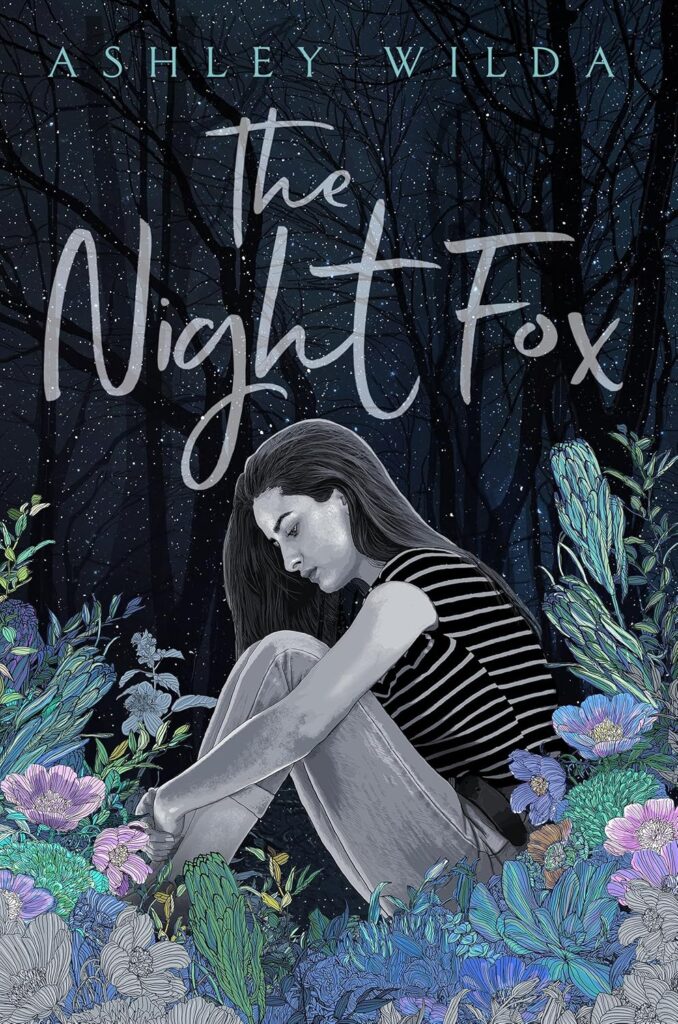
What are some of your favourite elements of writing? What do you consider some of the most frustrating and/or challenging?
My favourite element of writing is being swept up in the emotion of the story until you reach a flow state, and your fingers just can’t keep up with the words in your mind. I also love it when the characters are so fully fleshed out that they begin making their own choices and deviating from the plot you’ve created for them. I remember being so amazed the first time that happened–like some kind of magic was unfolding in front of me.
The most challenging element of writing for me is the discipline of putting words on the page. It’s hard not to bounce between shiny new projects. I also struggle with allowing my strengths to run away with me–I tend to be a fairly introspective writer who loves lyrical language, and paring that down can be tough sometimes.
Many creators would say one of the most challenging parts of writing a book is finishing one. What strategies would you say helps you accomplish this?
For me, getting away to focus on writing has helped me get large chunks done, especially if I have a specific goal in mind. It doesn’t have to be fancy or cost money. I usually find a tiny house off the grid somewhere and bang out words for a week. Instrumental music also helps me find and maintain a flow state and not think too hard. And my biggest tip–don’t worry about your first draft being good. Give yourself permission to write a crappy first draft and don’t change a thing until you’ve reached the end. You may be surprised at how much easier revision is once the words are on the page!
Aside from your work, what are some things you would want others to know about you?
As a multi-passionate creative, I love doing so many things that I often don’t get a chance to talk about! In 2019, released a music album titled “River, River,” which you can find on Spotify or wherever you stream music. I also make pottery, visual art, and a whole bunch of other things when I have the time!
I also love it when people realize we have things in common other than a love for books. Some of the most fulfilling moments of my life are when I get to talk with people about big topics like deconstruction, faith and spirituality, disability, mental health, neurodivergence, queerness, and so much more. I talk about my own experiences with these things on my Instagram at @ashleywilda_.
What’s a question you haven’t been asked yet but that you wish you were asked (as well as the answer to that question)?
What would success look like for you?
For me, success looks like knowing myself and being unafraid to fully be that self out in the world. It means having the time and space to focus on creating, whatever that looks like and wherever that leads. It means getting to share my story with others and providing a safe place for others to do the same with me. And living in a little cottage in the mountains with many animals wouldn’t hurt 😉
What advice might you have to give for other aspiring writers?
Read everything! I mean everything. Everything you like, anyway. Don’t be afraid to have broad tastes. You will cultivate accurate reading tastebuds that will eventually morph into your own personal style. Also, don’t be afraid to try ludicrous things when writing! Be bold! There is nothing to lose by just having a good time on the page. And write those crappy first drafts. The only failed first draft is the one you don’t write.
Are there any other projects you are working on and at liberty to speak about?
I am, arguably, working on too many projects–but simply cannot bring myself to care. I am working on a YA contemporary novel (also a prose/poetry format like The Night Fox) with mental health themes and set in the world of competitive climbing, which I grew up doing as a teen. It also explores themes of autoimmune disease and growing up Arab-American.
I also am actively working on a couple of picture books about mental health and nature, a YA contemporary about gun violence, a YA anthology of short stories inspired by Appalachian folklore, an adult collection of poetry about deconstruction, and a few more projects that are percolating in my brain!
Finally, what books/authors would you recommend to the readers of Geeks OUT?
Anything by Nina LaCour or Mary Oliver! I’ve also written about some of my favorite YA and MG books about mental health here!

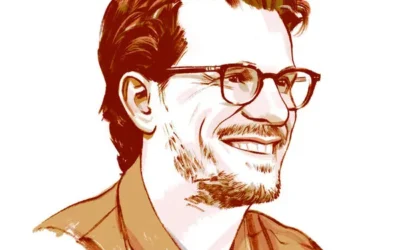
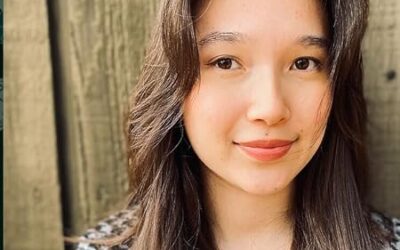
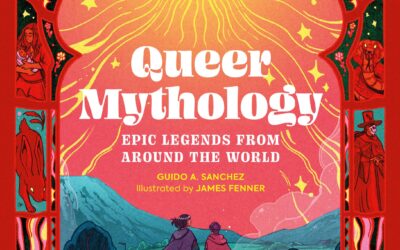
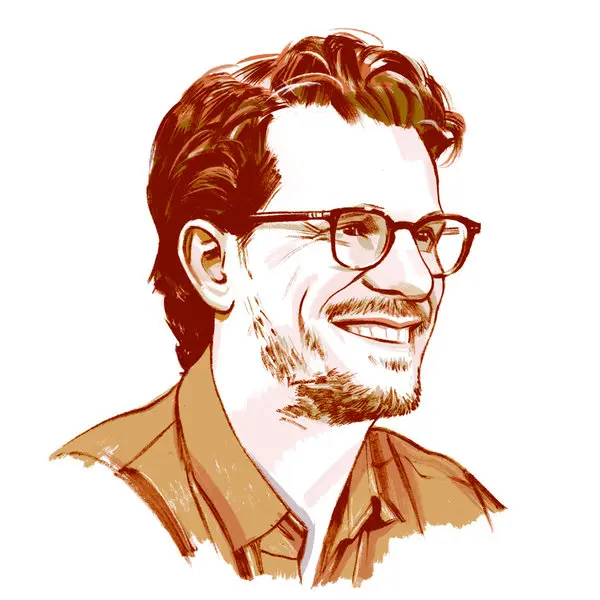
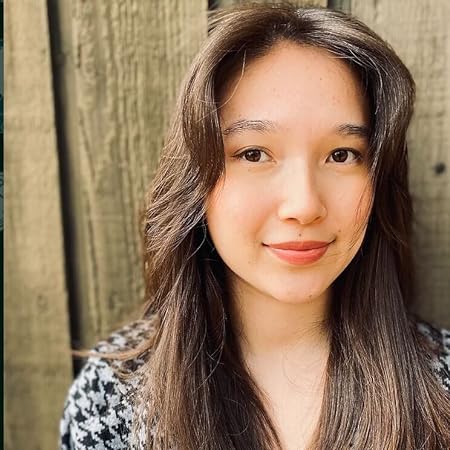
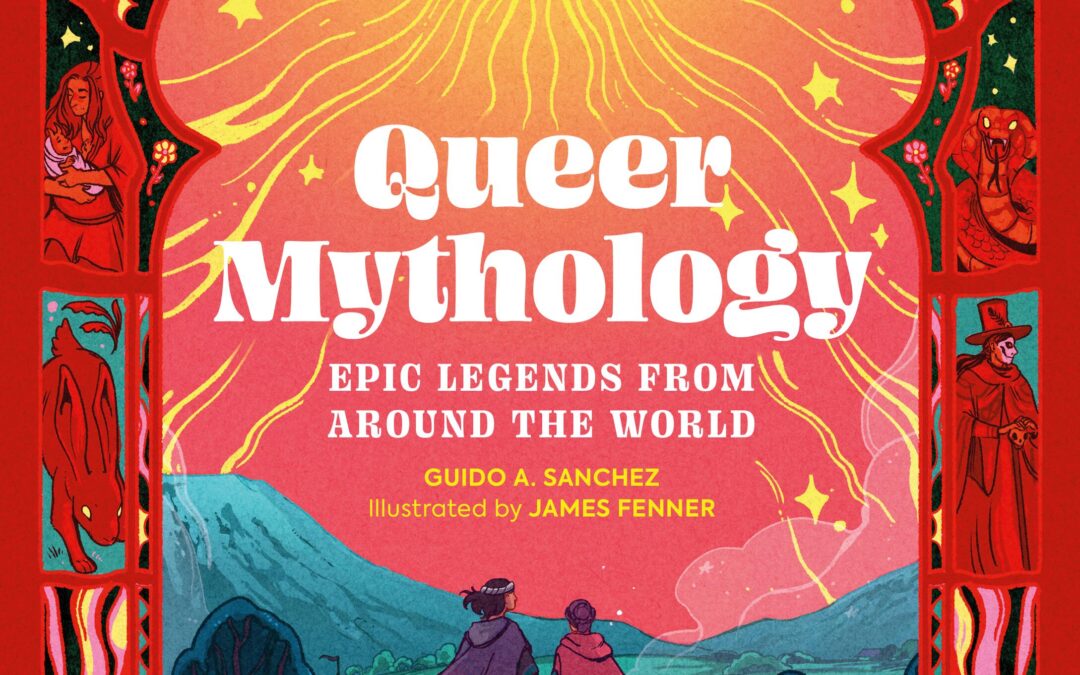
0 Comments